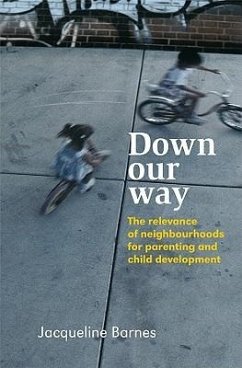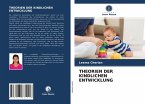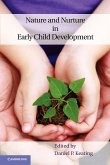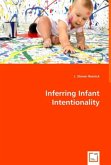The postcode lottery applies to more than the NHS; there are geographic disparities in a range of economic, health, social and academic outcomes. Where you live has relevance to the services available and to how well children do. This book presents the findings of the Families and Neighbourhoods study, conducted in four contrasting locations in England, three of which are highly disadvantaged but one of which is affluent. It includes the views of a large number of parents who were asked about their neighbourhoods and how these influenced their lives and those of their children. The study gives an understanding of the extent and range of local friendships and other activities, membership in local groups, and what is valued or disliked in their neighbourhoods. More detailed interviews, with a smaller group of mothers, explore social networks and the type of support received (contrasting family and neighbours). They discuss in detail what the neighbourhood means to them, their fears for their children as they helped them to explore and use neighbourhood facilities, and the strategies used to allow children to become independent and establish their own neighbourhood boundaries. Down Our Way gives a unique evidence-based insight into neighbourhoods and parenting and effectively illustrates the influence of community on children and the family.
Hinweis: Dieser Artikel kann nur an eine deutsche Lieferadresse ausgeliefert werden.
Hinweis: Dieser Artikel kann nur an eine deutsche Lieferadresse ausgeliefert werden.
1 Introduction. 2 The Families and Neighbourhoods Study. 3 An introduction to some of the families. 4 Is this where I want to belong? 5 What can we do? Where can we go? 6 Local friends a unique role? 7 Discipline and control. 8 Children out and about. 9 Is it better to belong ? 10 Conclusions and implications. References. Appendix 1 The survey. Appendix 2 The qualitative study. Index.








